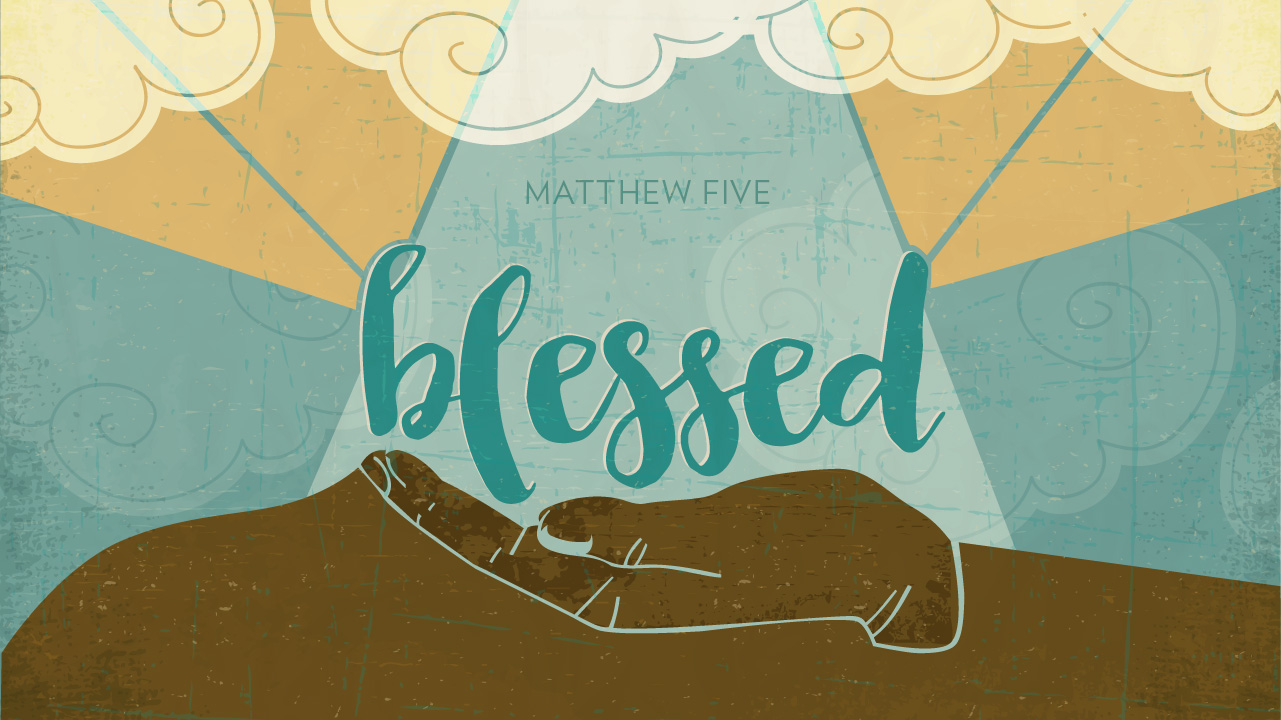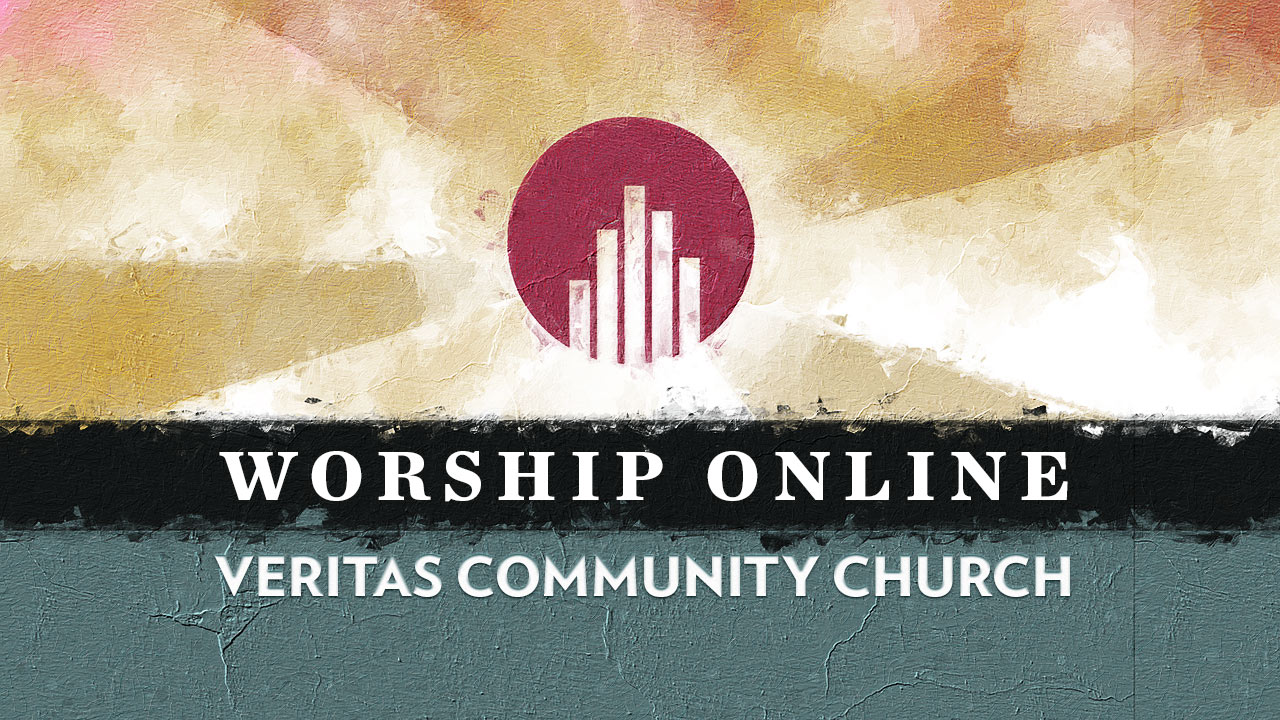
He Taught Them Saying: Overview of the Sermon on the Mount
Congregation: Tri-City
Series: Matthew - Blessed
Speaker: Brad Snyder
Scripture Text: Matthew 5:1-2
- Do you identify with the feeling that life is pretty hectic, and that finding times for the Bible is difficult? Do you feel like you’re able to slow down and listen to Jesus and his word? Brad mentioned that Matthew 5:1-2 is written in such a way that Matthew is slowing down his narrative, so that we will stop, and really pay attention to what comes after. As a group, discuss how to insert some intentionality into your life in order to slow down and listen to Jesus’ word. Are there things you’ve done in your day/schedule to make time for others, and especially for Jesus, more likely to happen? If you have a routine to prepare your heart for Sunday morning, it may encourage the group to hear that as well!
- The Sermon on the Mount is one of the most familiar passages in the Bible – even to unbelievers know many of the passages well. On Sunday, Brad spoke about how to rightly approach these chapters. How have you thought about the Sermon in the past? Are these guidelines to aim at, a set of impossible/unrealistic tasks, or something else? (Leaders: Brad said that here Jesus is preaching a sermon telling us what we need to repent of and turn from, what we need to turn to, and what the Kingdom is like).
- Read Matthew 5:21-48 together. It certainly seems that Jesus is demanding far more from his disciples than even the Old Testament Law demands. He even ends this section saying “You must be perfect, as your heavenly Father is perfect.” But what kind of perfection is Jesus aiming at? In other words, is he aiming at a perfect outward conformity to the law, or something even deeper? (Leaders: Brad mentioned that Jesus is essentially saying “In my Kingdom, I’m not going to settle for only obedient actions, I want your heart conformed to mine. You must reflect the image your heavenly Father!”)
- How can Jesus demand so much of his disciples? Could Moses have ever preached that adultry went beyond outward actions, or that murder is first manifested in an angry heart? Discuss some of the differences between the expectations of the Mosaic Law and what Jesus is saying here (Leaders: the key differences between the law of Moses and the Sermon on the Mount are that the law could never save us but only drove us to a need for God/Christ’s grace, and that in His new covenant Jesus has given us a heart of flesh and his own Spirit. He never asks us to do something He won’t help us do. He is aiming at changing our hearts, knowing that actions will follow).
- In chapter seven, Jesus describes those working to get into the kingdom of heaven as thorny bushes trying to produce fruit, as those following a wide path when a narrow one is required, and as those building their house on a foundation which would never meet Upper Arlington’s building codes! After three chapters of learning about what people in this kingdom look like, we realize that Jesus also has an odd way of bringing people into his kingdom: how does he do it? How did He make a way into this kingdom, and how does one enter it? (Leaders: These questions lead us back to the cross, the only place Jesus went on Earth where his disciples could not follow. The cross is central to understanding our entrance into the kingdom of God, and must be brought to the fore again and again as we gratefully contemplate and discuss life in the kingdom).
Closing: let’s read through the beatitudes together, and praise God that Jesus surrendered the blessedness of heaven, becoming a curse, so that we may inherent the blessedness of salvation, the joy of a kingdom, and hope eternal life.
Takeaway: How concerned are you with outward conformity to self-created (or even biblical) standards, rather than first surrendering the main object of Christ’s attention, your heart? This week spend some time with the Lord. Slow down, and perhaps slowly read through the Sermon on the Mount; drawing near to the Lord in prayer, examining your heart, and confessing ways you might have tried to earn a righteousness that Christ has already paid for.



Comments are closed.